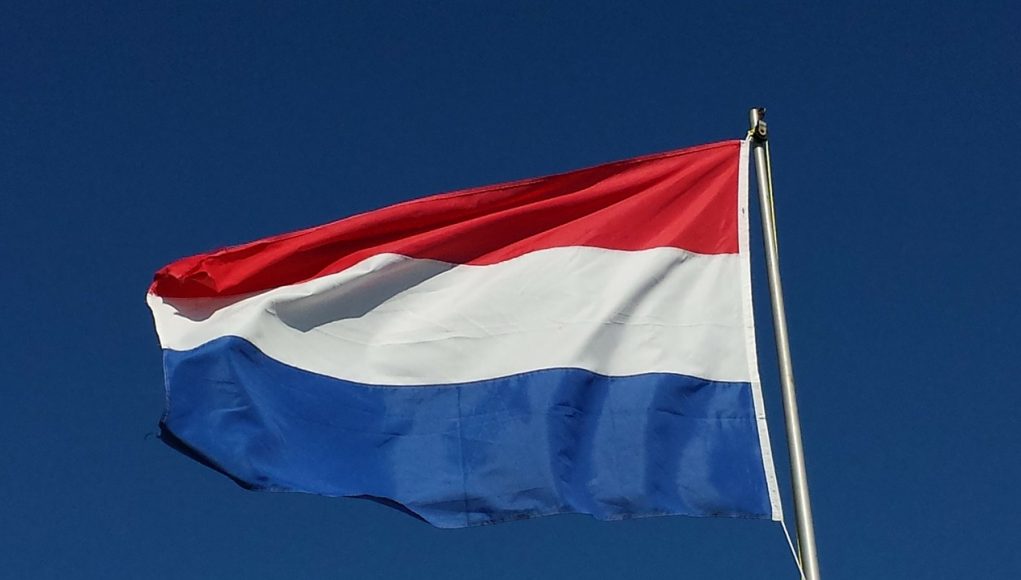Supermarkets are believed to contribute to 55% of all tobacco sales in the Netherlands, and the supermarket ban is expected to remove about 11,000 of the current 16,000 tobacco vending points in the country, said the government. Before that, a ban on cigarette vending machines is expected to go into effect in 2022.
“This will prevent a lot of unnecessary deaths and medical suffering,” said deputy health minister Paul Blokhuis in a statement.
Flavour ban
Last Summer, the Dutch government banned fruit and candy e-cig flavours, allowing only tobacco flavours on the market. In a letter to Parliament, State Secretary Paul Blokhuis of Public Health said that tobacco flavours are being exempted so that smokers could continue using e-cigarettes as smoking cessation tools.
“All kinds of organizations are working very hard to make it harder to start smoking and easier to quit. This is also urgently needed because it remains unacceptable that 20 thousand people die in our country every year from the effects of smoking and about 75 children start smoking every day,” said Blokhuis.
This measure came in response to a report by the Trimbos Institute, which concluded that e-cigarettes are more harmful than expected and that public health would benefit by discouraging its use. In line with arguments by most public health and harm reduction entities, the institute advised limiting the use of e-cigarettes as smoking cessation tools to smokers who are unable to quit via other means.
“The new insights confirm that the smoke-free generation that is on its way must also be an e-cigarette free generation. There is no room for e-cigarettes with all kinds of seductive, exotic flavors in this,” said State Secretary Blokius. Sadly, the State Secretary is ignoring the fact that flavours have been crucial at encouraging adult smokers to switch to the safer alternatives, and that therefore flavour bans are counterproductive at reducing smoking rates.
Read Further: DutchNews.nl








